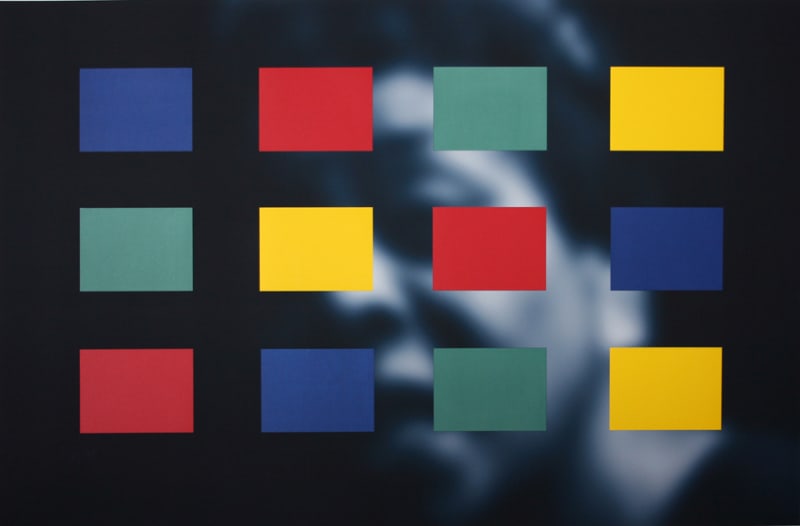Subverting African American stereotypes, Carrie Mae Weems (US, b. 1953) provides a critical insight into the life of marginalised subjects by looking at the formative role of the past. Directly confronting conventional depictions of gender, race and class, Weems uses photography as a way in which to destabilise notions of identity in visual culture.
Although Weems addresses a wide array of issues, all of her work displays an overarching commitment to better understanding the present by closely examining history and identity. It also contains a desire for universality: while African Americans are typically her primary subjects, Weems wants ‘people of color to stand for the human multitudes’ and for her art to resonate with all audiences.
Weems’ seminalKitchen Table series (1990) narrates the life of a modern black woman. Portrayed by herself, Weems has said, ‘I use my own constructed image as a vehicle for questioning ideas about the role of tradition, the nature of family, monogamy, polygamy, relationships between men and women, between women and their children, and between women and other women—underscoring the critical problems and the possible resolves.’ Constructing a skillfully woven narrative by combining text and photography, this particular series serves to emphasise the importance of the voice, both written and spoken, in her work.
